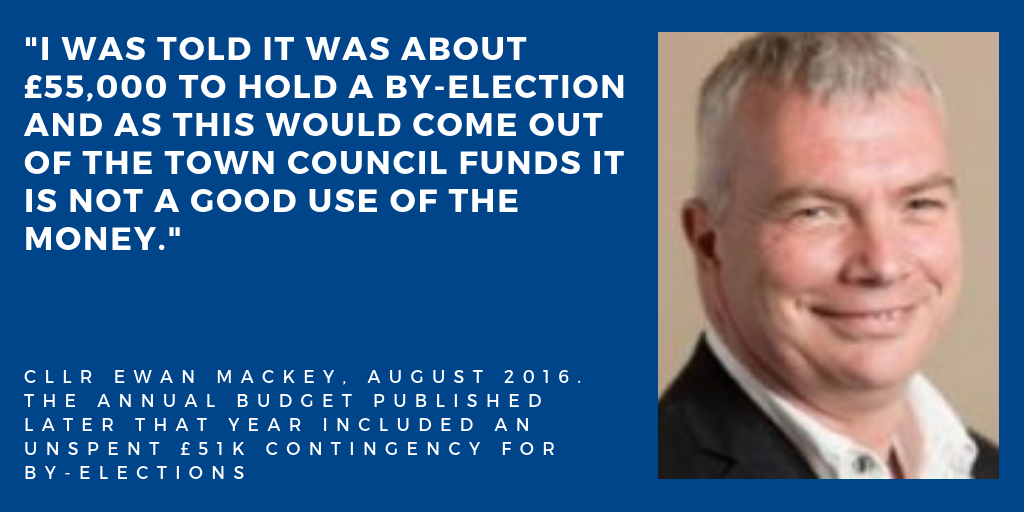
Air pollution in Birmingham worsened during this weekend’s spiritual event. This year’s Diwali, which uses fireworks, increased the quantity of harmful matter in the air, Department of Environment, Food & Rural Affairs data shows.
The Hindu festival was once again widely celebrated in Birmingham and elsewhere in the country. The event is an occasion for many people everywhere in the world to celebrate Hinduism spirituality. With a huge lot of fireworks.
Just ahead of this event, The Lancet unveiled an important research paper on air pollution and the premature deaths it is causing around the world, more than war or smoking. The UK is also doing worse than most of its Western neighbours.
In New Delhi, the issue got the local government worried so much that it imposed a ban on firecrackers, with little effect. The city’s levels of lung-clogging PM2.5 pollutant was up 90 times beyond the recommended limit of the World Health Organisation.
Pollution levels in Delhi this morning are 24 times more than prescribed limits. God help us all. This is a public health emergency.
— Rahul Kanwal (@rahulkanwal) October 20, 2017
Much safer levels for Birmingham
While researchers are more worried about air pollution in India and other fast-developing nations than in the UK or Birmingham, the city did experience a loss in air quality as hundreds of firecrackers went up in the air for a few days, sometimes with no interruption for hours.
The charts below present daily average levels of PM2.5 pollution recorded by two stations in the city.
While there seems to be a notable increase following this weekend’s fireworks, it is dwarfed by the moderate air pollution warning emitted by the Department of Environment, Food & Rural Affairs in late September.
But the same Department did not issue any particular warning coinciding with the Diwali festivities. The Air Quality Index remained in the “Low” risk levels.
Fireworks represent a low risk increase… for those with respiratory problems
This weekend’s levels of air pollution in the city do not worry University of Birmingham lecturer Francis Pope. The atmospheric sciences expert would simply worry a bit more about people with respiratory problems:
I think overall there is no increased risk for the health of most citizens, unless it was happening every hour of every day. But for one or two nights it would not represent a risk factor.
The risk would probably be somewhat higher for people with a respiratory condition.
The use of fireworks in a city like Birmingham mostly provide social benefits, outweighing by far the pollution aspect, Pope estimates.
The lecturer at the institution’s School of Geography, Earth and Environmental Sciences would rather advise to worry about road transportation and traffic, if someone were to tackle the problem of air pollution more seriously.

